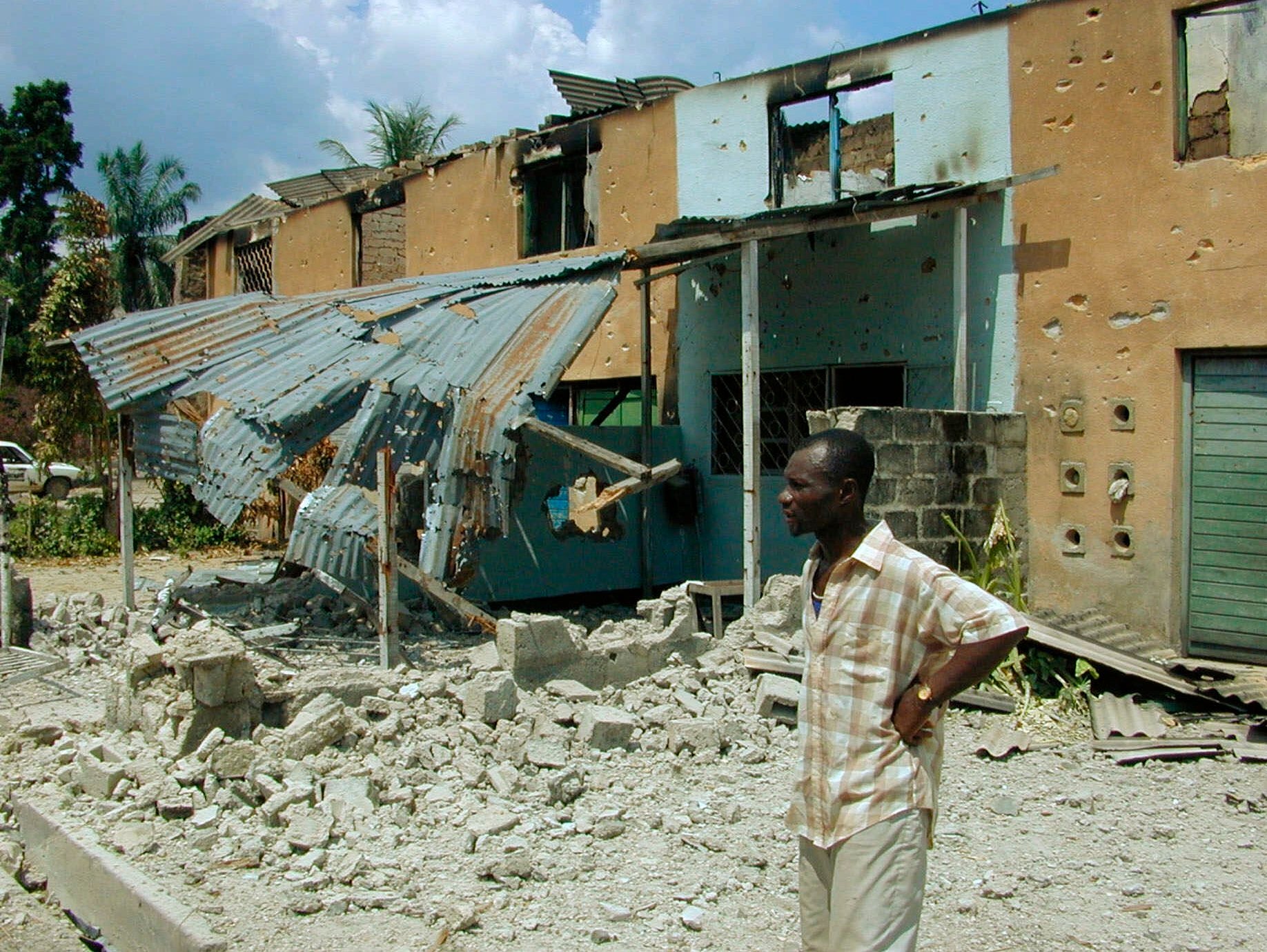Uganda slams UN court's Congo ruling as 'undue interference'
Uganda has slammed as “undue interference” the International Court of Justice’s ruling that it must pay $325 million to Congo over violence in the late 1990s

Your support helps us to tell the story
From reproductive rights to climate change to Big Tech, The Independent is on the ground when the story is developing. Whether it's investigating the financials of Elon Musk's pro-Trump PAC or producing our latest documentary, 'The A Word', which shines a light on the American women fighting for reproductive rights, we know how important it is to parse out the facts from the messaging.
At such a critical moment in US history, we need reporters on the ground. Your donation allows us to keep sending journalists to speak to both sides of the story.
The Independent is trusted by Americans across the entire political spectrum. And unlike many other quality news outlets, we choose not to lock Americans out of our reporting and analysis with paywalls. We believe quality journalism should be available to everyone, paid for by those who can afford it.
Your support makes all the difference.Uganda on Thursday slammed as “undue interference” the International Court of Justice s ruling that it must pay $325 million to Congo over violence in the late 1990s.
Describing the international court's decision as “unfair and wrong," the Ugandan government's statement on Thursday noted that it is the only country to face legal troubles over a conflict that involved several African nations.
Uganda is in discussions with Congo aimed at reaching an amicable agreement between the neighboring countries, the statement said.
“Uganda considers the judgment an undue interference in this process and in African affairs generally, a fact toward which the court appears insufficiently sensitive,” it said. “It is precisely because of such interference by external actors that there is so much chaos on the African continent.”
Uganda's statement highlights the frustration of President Yoweri Museveni's government, which for years has been dogged by a reparations case after the United Nations court ruled in 2005 that fighting by Ugandan troops in Congo breached international law.
Relations between Uganda and Congo have recently improved under Congolese President Felix Tshisekedi who was elected in 2019. The neighboring countries now are security allies, with their armies jointly pursuing rebels in a vast part of eastern Congo. And Uganda last year announced plans to pave more than 200 kilometers (124 miles) of roads in eastern Congo, believing the investment would open new markets and boost cross-border trade.
The case against Uganda at the world court stemmed from years of bloody conflict in Congo’s mineral-rich east. A land dispute escalated and Congo's Ituri region became the epicenter of a regional war in which Congo’s neighbors backed different militias in their battles for influence.
The reparations awarded by the international court are well below Congo's request for more than $11 billion in damages.
The court broke down the compensation into different categories of damages. It assessed $225 million for “loss of life and other damage to persons” including rape, conscription of child soldiers and the displacement of up to 500,000 people.
It assessed another $40 million for damage to property and $60 million for damage to natural resources, including the plundering of gold, diamonds, timber and other goods by Ugandan forces or rebels they supported.
The court ordered Uganda to pay the compensation to Congo in annual amounts of $65 million. That's a tremendous sum for a government that has struggled in recent years to comfortably service its national budget amid revenue shortfalls.
Congo originally filed the case in 1999 against Uganda, Burundi and Rwanda, calling the African nations’ involvement in conflict in Congo a “flagrant breach” of the U.N. charter.
Congo dropped the case against Burundi in 2001, and the world court ruled in 2002 that it did not have jurisdiction in the case against Rwanda.